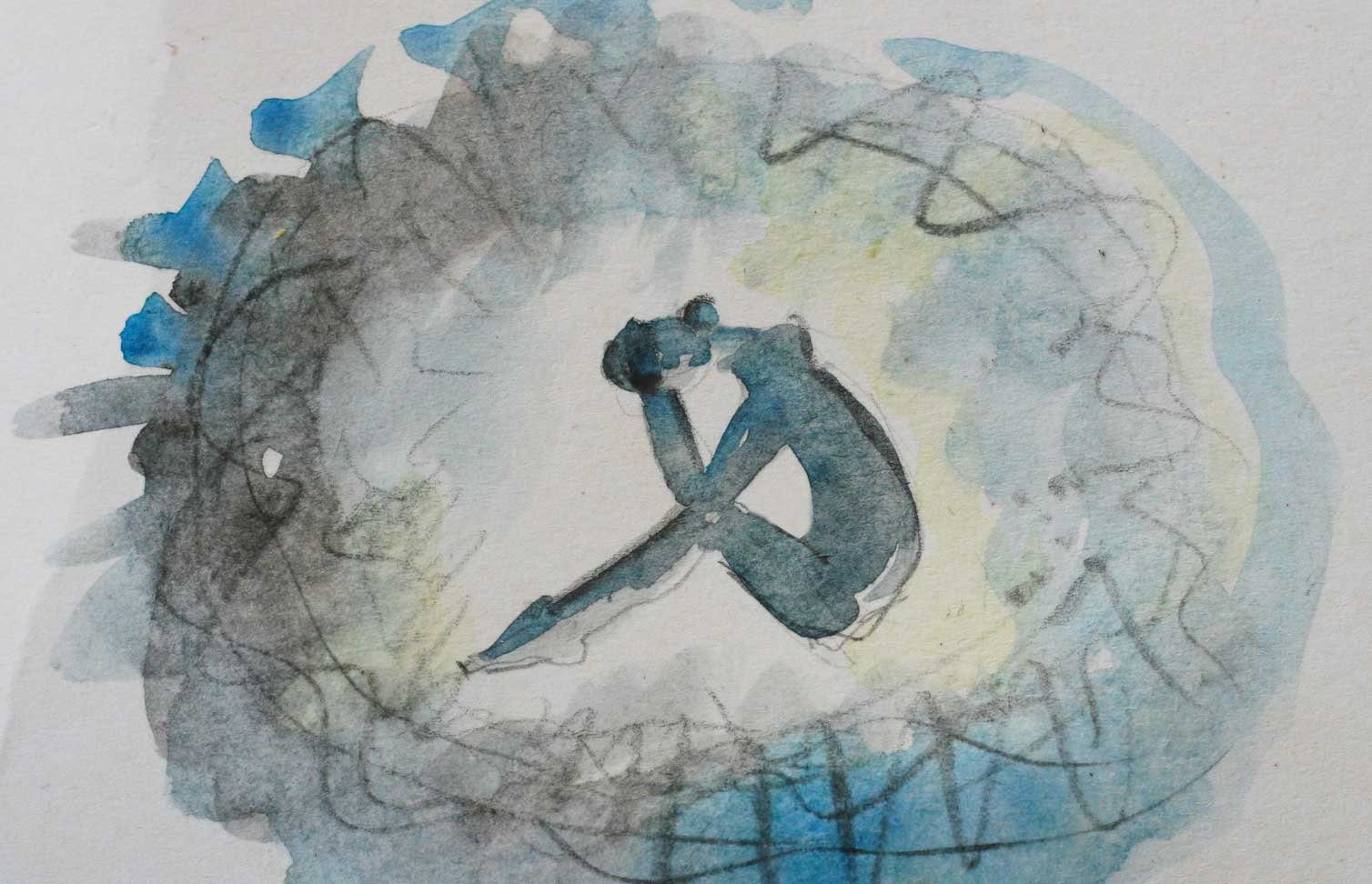Do I Need Trauma Therapy? A Discussion from a Clinical Psychologist
What Is Trauma Therapy?
Trauma therapy helps people process distressing events that continue to affect daily life. It offers a structured, step-by-step way to work through emotional and physical reactions that feel stuck. Many people seek trauma therapy when past experiences still cause stress, fear, or unwanted memories.
Therapists often use proven methods like Eye Movement Desensitization and Reprocessing (EMDR), Cognitive Behavioral Therapy (CBT), and somatic approaches that reconnect body and mind.
Each person’s experience shapes the treatment plan, but the goal stays consistent: help people feel safer, calmer, and more present. Trauma therapy supports people in learning new ways to manage their thoughts, emotions, and physical reactions so they can live with more stability and less distress.
If you would like to discuss trauma therapy with an experienced and thoughtful professional, David Tzall, PsyD. is a clinical Psychologist in Brooklyn welcoming new patients for in-office or virtual therapy. Contact his office to learn more today!
Trauma Therapy: Quick Reference Table
| Topic | Quick Explanation | Helpful Tip |
|---|---|---|
| What It Is | Trauma therapy helps people process distressing events | Therapy supports steady, manageable progress |
| What Trauma Means | Trauma can come from single events or ongoing stress | Trauma isn't always tied to dramatic moments |
| Signs You May Need Therapy | Persistent symptoms that disrupt daily life | Watch for emotional, physical, or relationship changes |
| How Therapy Helps | Therapy helps process memories and regulate emotions | EMDR, CBT, and somatic therapy offer practical tools |
| Who It Helps | People with lasting symptoms after distressing events | Trauma therapy supports many life experiences |
| Getting Started | David Tzall offers thoughtful, steady trauma therapy | Start with a confidential consultation to build a personal plan |
What Does “Trauma” Mean?
Trauma describes emotional or psychological harm caused by events that feel overwhelming, frightening, or deeply upsetting. Trauma can develop from accidents, serious illness, violence, loss of a loved one, or long periods of intense stress. It can also come from ongoing experiences like emotional neglect or living in unsafe conditions.
Trauma is not always tied to a single dramatic event. Sometimes repeated experiences that seem smaller on the surface can create lasting harm. Trauma shapes the way people think, feel, and interact with the world. It can limit confidence, damage relationships, and interrupt daily routines.
People living with trauma often feel stuck in patterns that no longer help them feel safe or connected.
Signs You Might Benefit From Trauma Therapy
People often wonder when it’s time to consider trauma therapy. Persistent symptoms that disrupt daily life may be a clear signal to seek help.
Many people experience intrusive memories or flashbacks that interrupt work, conversations, or quiet moments. Nightmares can return frequently and leave people feeling on edge the next day. Some people start to avoid places, people, or situations that remind them of the traumatic event.
A heightened startle response or constant alertness can make everyday life feel exhausting. Some people feel emotionally numb or disconnected from themselves or others. Symptoms like intense anxiety, deep sadness, or frequent irritability may grow stronger over time.
Physical symptoms like muscle tension, stomach problems, or trouble sleeping may also appear. Some people struggle to build or maintain healthy relationships. Overworking or chasing perfection can sometimes hide emotional pain that feels too big to face. Trouble concentrating or gaps in memory may show up as well.
When these signs feel familiar and interfere with life, trauma therapy can help people find steady support and a path toward recovery.
How Trauma Therapy Helps
Trauma therapy helps the brain process painful memories so they stop feeling stuck. When people experience trauma, the mind often holds on to those moments in ways that keep them sharp and distressing. Therapy gives people the space and structure to work through those memories at a steady, manageable pace.
Methods like Eye Movement Desensitization and Reprocessing (EMDR) help the brain process traumatic memories and reduce their emotional charge. Cognitive Behavioral Therapy (CBT) focuses on shifting unhelpful thought patterns that keep people feeling trapped or unsafe. Somatic therapy adds body-focused techniques to help people notice physical reactions that often show up after trauma.
Trauma therapy connects thoughts, emotions, and physical experiences in a way that feels more balanced and safe. The work is practical, steady, and tailored to each person’s needs. The right approach helps people handle real-life situations with more confidence and less fear. (1)
Who Needs Trauma Therapy?
Trauma therapy helps people when distressing symptoms continue to interfere with daily life. When those symptoms last beyond a few weeks, therapy can offer a structured path forward.
Some people wait because they believe their trauma “wasn’t bad enough” to need therapy.
The truth is that trauma looks different for everyone. Therapy supports people whether the event was public, private, big, or quiet. Seeking support is a sign of strength, not weakness.
People who feel stuck, overwhelmed, or disconnected can benefit from trauma therapy. Working with a trauma-informed psychologist like David Tzall gives people the chance to receive steady support in a thoughtful, structured way.
Trauma Therapy in Brooklyn with David Tzall
Dr. Tzall offers trauma therapy that matches each person’s comfort level and personal pace. His approach is steady, practical, and grounded in thoughtful care.
Starting with a simple consultation, David listens carefully and helps build a plan that fits the person’s goals and daily life. His therapy process respects cultural background, personal values, and individual preferences. Every step moves forward with the person’s comfort in mind.
Reach out to David Tzall, Psy.D., at his Brooklyn office to schedule a confidential consultation. His trauma therapy sessions offer a supportive, manageable path toward healing that fits each person’s life.
Reference:
What is Trauma-Focused Therapy, Northwestern University The Center for Child Trauma Assessment, Services and Interventions, https://cctasi.northwestern.edu/trauma-focused-therapy/

